Irrigation Audits Becoming
Mandatory in Some Areas
Water’s continued scarcity is making irrigation audits more important than ever.
For example, the city of Aspen, Col., now requires that such audits be completed whenever a new landscaping system has been installed. And the audit must be performed by a third-party certified landscape irrigation auditor.
There’s only one problem: Such certified auditors are as rare as hens’ teeth in that area of Colorado.
A Host of New Regulations
The irrigation audits are part of a package of new regulations for the city, which also require that all new or substantially remodeled residential projects include a landscape plan, an irrigation plan and a water budget for the site.
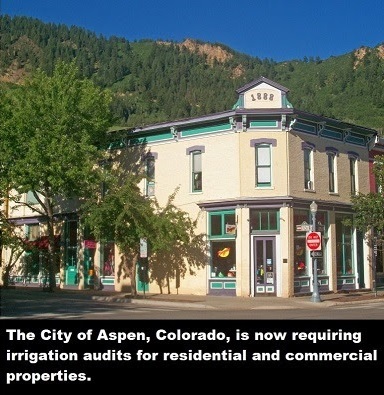 In order to address the lack of certified auditors in the area, Aspen city officials hope to establish a local training program.
In order to address the lack of certified auditors in the area, Aspen city officials hope to establish a local training program.
The city’s new water-budget goal for landscaping is to use no more than 7.5 gallons per square foot per season. So far, 17 properties have been landscaped and irrigated using the new regulations. Those projects averaged 7.2 gallons per square foot, according to a parks and utilities representative.
Aspen’s new landscaping regulations apply only to residential and commercial properties. They do not apply to “irrigation of public parks, sports fields, golf courses and schools.”
Increased Need for Auditors
Of course, the need for certified irrigation auditors is greatest in areas with water scarcity issues, like the Southwest. But water conservation and water efficiency are two separate goals. Even areas that typically receive adequate precipitation (like Ohio) could always benefit from increased water efficiency.
As the pursuit of improved water efficiency becomes increasingly popular (and important), the need for certified irrigation auditors will most likely increase, too. Irrigation auditing entails three steps:
- Collecting data
- Verifying that irrigation systems are working as designed, and
- Identifying opportunities to improve water efficiency.
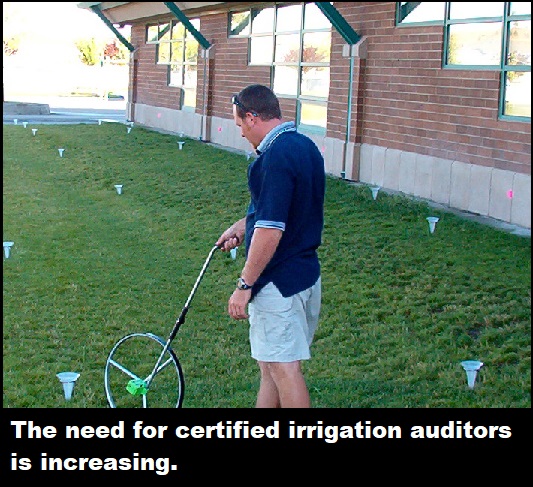
An effective auditor will:
- Analyze water requirements and irrigation use within the context of each site’s unique conditions.
- Develop irrigation schedules based on water requirements, quality and availability.
- Make maintenance recommendations to keep the irrigation system working reliably and cost effectively.
- Estimate potential dollar and water savings from implementing innovative irrigation technologies, products and practices.
Where to Start?
To become a Certified Landscape Irrigation Auditor (CLIA) under the Irrigation Association’s program, a landscape contractor must:
 Have at least one year of professional experience
Have at least one year of professional experience
- Pass a written exam, and
- Submit a completed water audit which includes one rotor and one spray area for evaluation (verified by an IA-certified professional in good standing).
According to Brent Mecham, the IA’s industry development leader, the CLIA program “shows that you have the expertise needed and that you’re better qualified to evaluate irrigation systems.”
If you’re interested in adding irrigation audits to your menu of landscaping services, click here to start the process.
Sources:
Aspen Times
Irrigation & Green Industry
Irrigation Association
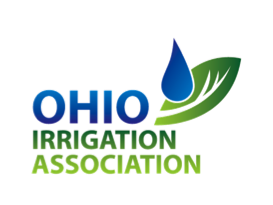

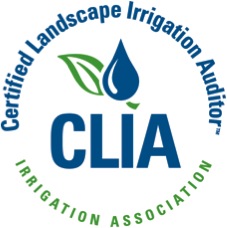 Have at least one year of professional experience
Have at least one year of professional experience
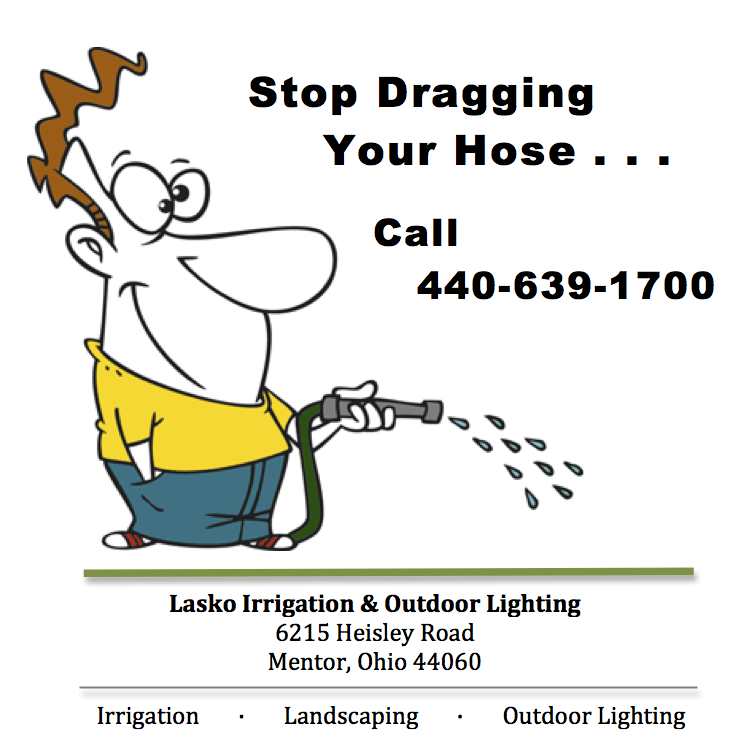



Trackbacks/Pingbacks